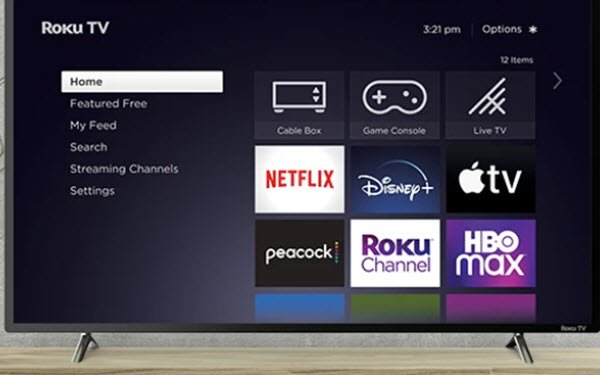
Now that it is shifting its business model to include
an ad-supported version, Netflix may be considering a takeover bid for Roku.
Roku has closed the timeframe during which employees can sell their vested stock grants, and there has been
speculation inside Roku about a potential Netflix bid, according to knowledgeable sources cited in a Business Insiderreport.
The report sent Roku’s stock up nearly 6% on Wednesday morning, to
$98.75.
As some industry executives have noted, acquiring Roku could be a strategic coup for Netflix.
Netflix co-CEO Reed Hastings had always insisted that the platform would not take
advertising, citing the complexity of the advertising model as a key reason. But Q1 changed all that. Netflix shocked investors and the industry by reporting a loss of 200,000 subscribers and warning
it could lose another 2 million in Q2, and its stock is now down nearly 70% year-to-date.
advertisement
advertisement
Now that advertising is in its future, instead of investing in building its own ad-tech stack and
being dependent on third-party suppliers, Netflix should acquire Roku’s sophisticated, well-tested stack, ad-supported video-on-demand content platform, Future Today co-founder Vikrant Mathur
said in a piece in The Drum last month.
Mathur cited five reasons, starting
with Roku’s ability to optimize efficiencies and minimize intermediary fees and quickly scale Netflix’s advertising both through its tech stack and its own existing, sizeable ad business
and client network. Owning Roku’s advertising infrastructure would also allow Netflix to avoid the danger of its massive customer data being poached, and ensure adherence with government privacy
regulations, he pointed out.
And it would allow Netflix to compete with Amazon’s triple-threat ownership of content production studios and libraries, content distribution through its
devices and streamer Prime Video, and a DSP, by immediately adding distribution and advertising tech to Netflix’s content capabilities.
For Roku, a merger would provide the content
production capabilities, localized international content, off-platform distribution and multi-platform ad inventory needed to expand The Roku Channel.
Finally, Netflix is the only major
tech player that would readily align with Roku in terms of technology, operations and culture, Mathur reasons. Roku began as a set-top box division of Netflix, Netflix was its first investor when Roku
was spun off as its own company, and Netflix leased office space to Roku for years, which means that there are important “familiarities between the respective companies’ teams and an
existing spirit of collaboration,” he stresses.